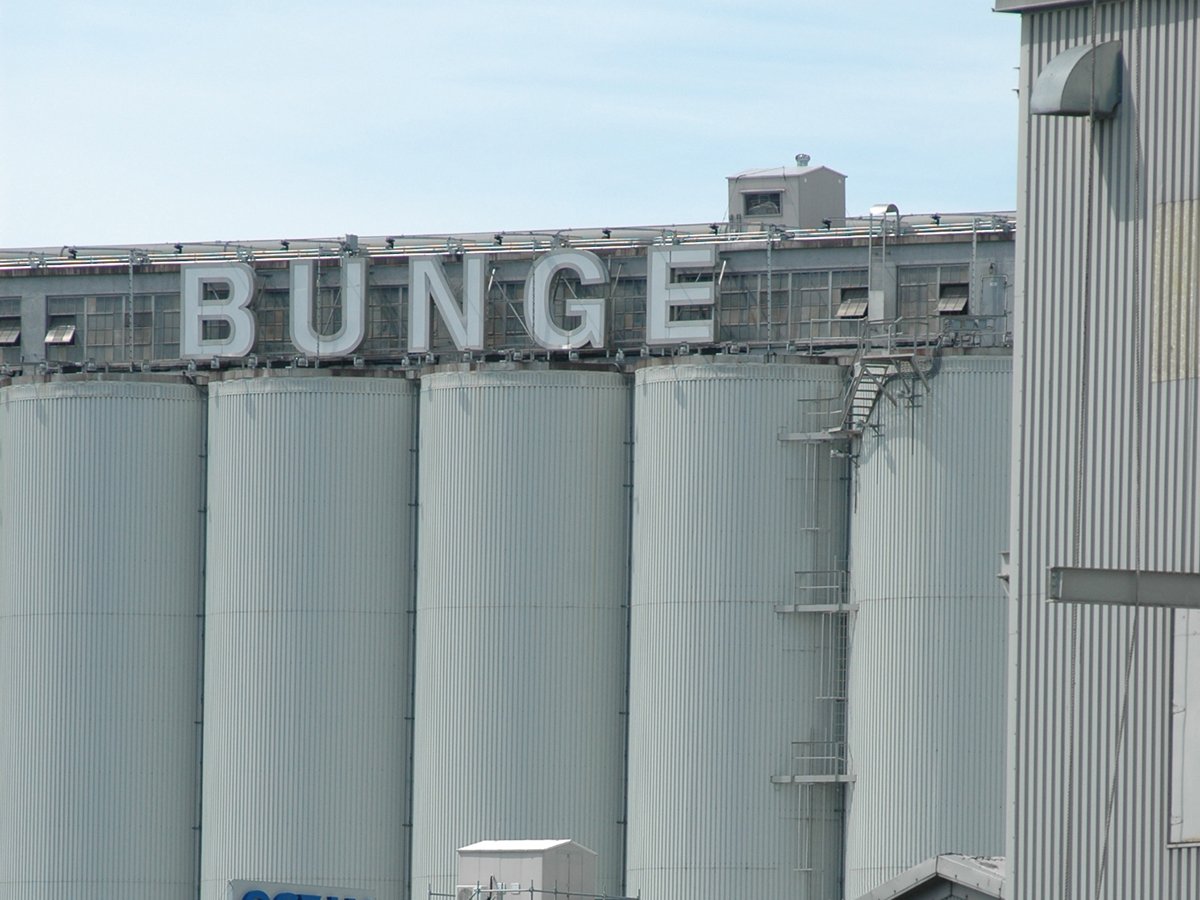Exporters of Canadian agricultural goods are nervous about what impact the newly minted United States-Mexico-Canada Agreement will have on any potential future deal with China.
The USMCA includes article 32.10, which says that if any party enters into an agreement with a “non-market country,” the other two parties can terminate the USMCA and enter into a bilateral agreement with one another instead.
Trade experts say China is the non-market, or communist, country that is the target of that clause.
Brian Innes, president of the Canadian Agri-Food Trade Alliance, said there is concern that the article could restrict Canada from entering into trade negotiations with China.
Read Also

Bunge’s crop mix is changing
Bunge has predominantly been a soybean processing firm, but that’s about to change after the merger with Viterra with softseed processing and grain merchandising gaining ground.
Some analysts said the clause effectively gives U.S. President Donald Trump a veto over Canada or Mexico signing free trade pacts with China.
“There needs to be an ability for Canada to engage with China on trade,” said Innes.
“Our future as Canadian exporters is tied to where the demand is growing, and demand is growing in China.”
Prime Minister Justin Trudeau has said that Canada still intends to engage with China, but the USMCA article has created uncertainty about its ability to do so.
“There’s a lot of caution and concern about what this passage means,” said Innes.
Lawrence Herman, an international trade lawyer with Toronto-based Herman & Associates, doesn’t believe it is anything worth losing sleep over.
He said there is a lot of controversy because it is an unprecedented article that is intended to send a message to China that any trade agreements it signs with Canada and Mexico can’t depart from the USMCA provisions.
However, it does not give the U.S. veto powers because one of the other parties has to also be willing to terminate the USMCA pact before any action can be taken.
Herman said the U.S. and Mexico could exit the USMCA only after a Canada-China free trade agreement had entered into full force.
“We’re a long, long way from that,” he said.
The two countries are still in exploratory discussions. Formal negotiations have yet to begin, and Herman said it took seven years for Canada and the European Union to conclude an agreement.
“I think we’ve got to relax a little bit and realize that this provision won’t kick in for many, many years,” he said.
“Trump will be long gone before we ever get to this point.”
Besides, he added, it would never get to that point because Canada wouldn’t want to tick off its largest trade partner by including something in a China-Canada pact that the U.S. couldn’t tolerate.
He doesn’t have any concerns with other provisions of the article, such as providing advance notice before commencing negotiations with a non-market country and disclosing the objectives of the agreement.
“What’s wrong with that?” said Herman.
Innes said CAFTA is keenly interested in Canada launching formal negotiations with China.
Eliminating Chinese tariffs on canola seed, meal and oil would increase Canada’s exports by an estimated $1.2 billion, according to the Canola Council of Canada.















